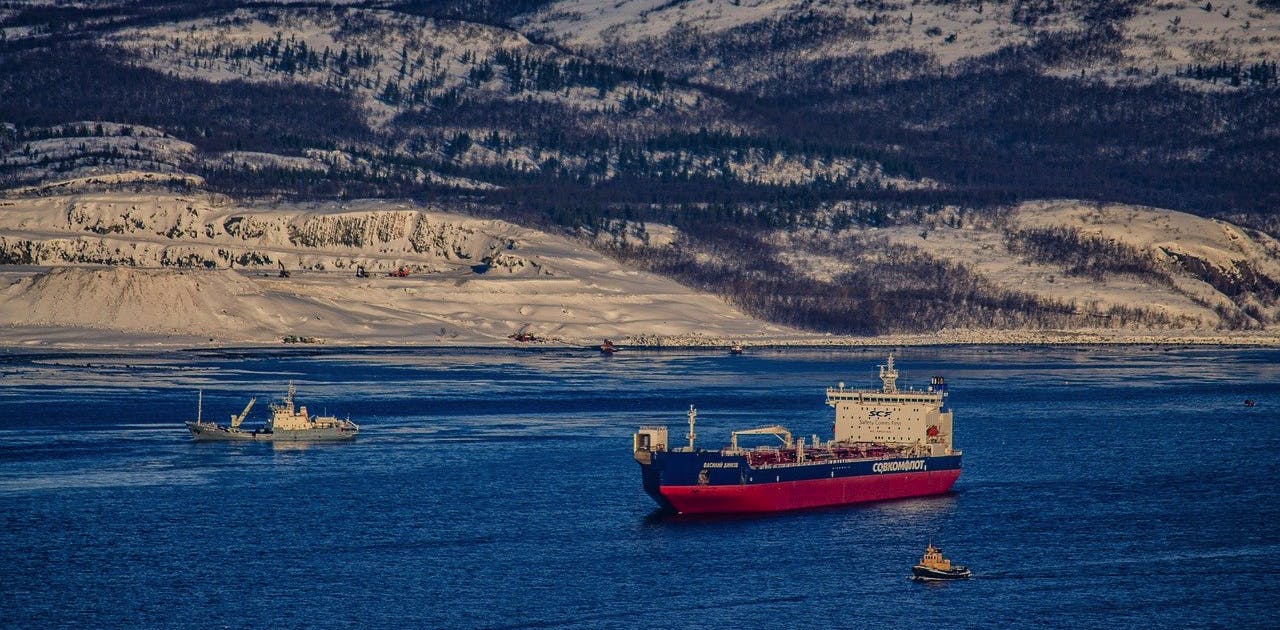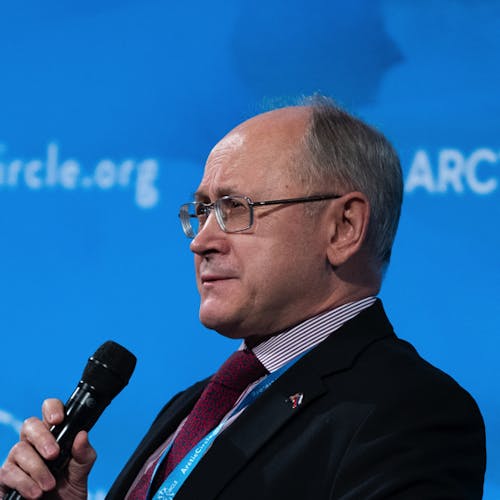Russian Senior Arctic Official, Ambassador Nikolay Korchunov recently stated clearly that during its chairmanship of the Arctic Council (AC) “Russia will strive for strengthening Arctic cooperation and keeping the Arctic as an area of peace and constructive collaboration...”. The Arctic Council turns 25 this year as unquestionably one of the most successful multilateral regional and international bodies of our times. Its success is based on common interests and efforts of the Arctic States, clear agenda and the rules of the game, as well as reasonable flexibility to meet new challenges. Russia intends to build on this success, including the excellent outcome of the current Icelandic Chairmanship which had to overcome unprecedented pandemic-related difficulties, to lead the Council into its second quarter- century.
The Russian Chairmanship will also be motivated by the national Arctic Strategy updated in 2020 for the period up to 2035. It provides for a major step forward in development of the Arctic Zone of the Russian Federation and welcomes mutually beneficial cooperation of Russia with its Arctic partners and, besides, interested non-regional states.
The game plan conceived by Russia has many ideas, but no surprises. It proceeds from the understanding that the Arctic Council is a collective body operated by consensus. It treats in a balanced way the two designated areas of the Arctic Council mandate – environmental protection and sustainable development. Its cross-cutting topic, to quote Ambassador Korchunov again, is “a man in the Arctic”.
The four priorities of the Russian Chairmanship are:
- the Arctic inhabitants, including indigenous peoples;
- environmental protection and climate change;
- social and economic growth;
- further strengthening the Arctic Council – the key framework of international Arctic cooperation.
Most of the ideas, proposals of research and practical projects, events and accents in this or other way serve not one, but several or all of these priorities.
We need to further enhance regional economic, including investment, cooperation on the basis of balance between economic growth and environmental protection. For this purpose the Arctic Council and the Arctic Economic Council should be synergized, and research and implementation of green technologies and innovations, especially in the energy sector, stimulated.
Investments in human capital are critical for providing better living conditions in the North and further economic and social development of the Arctic. Key points are building modern urban environments, accessibility of quality education, health care and healthy way of life, new technologies, public security, as well as drawing lessons from the COVID-19 pandemic.
Particular attention should be paid to the interests of indigenous peoples of the Arctic. Their traditional way of life, ethnic identity, cultural and historic heritage should be protected in the face of market economy, economic development, new industrial revolution, and climate change. This could be achieved by assuring better conditions for living and business, education, digitalization of remote areas, integration of traditional knowledge into the Arctic Council projects, ecosystem-based management, health care, food- and bio-security and closer regional cooperation.
Restoration of consensus in the Arctic Council on climate change allows to prioritize this subject matter again together with the issues of ecology of the region. An Arctic meteorological summit is planned for 2022. We have to intensify cooperation and undertake measures to protect, sustain and rehabilitate the fragile Arctic environment. Climate research should be enhanced, eco-safety strengthened and ecological emergencies prevented.

